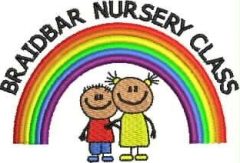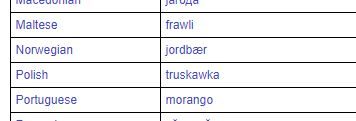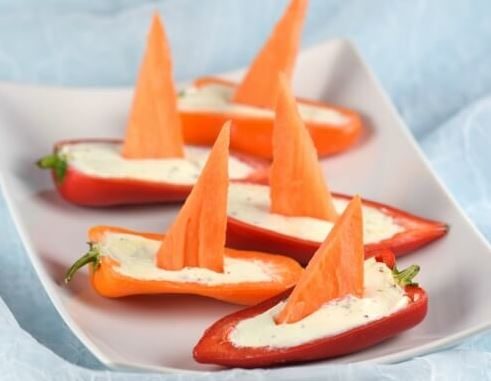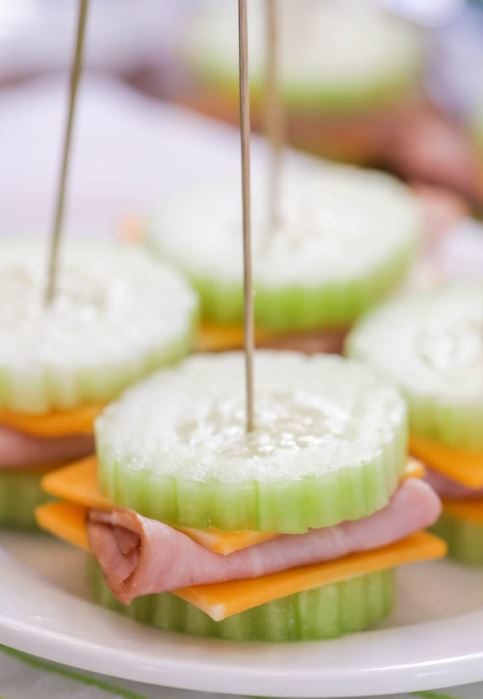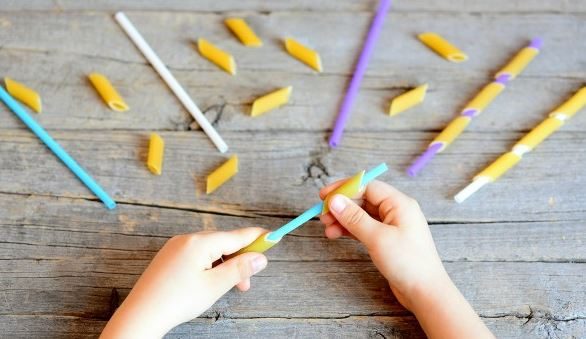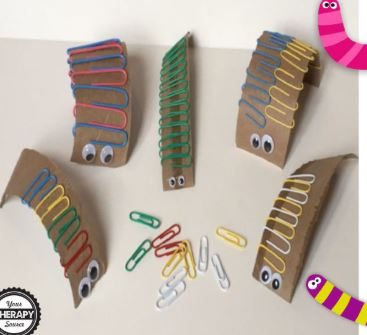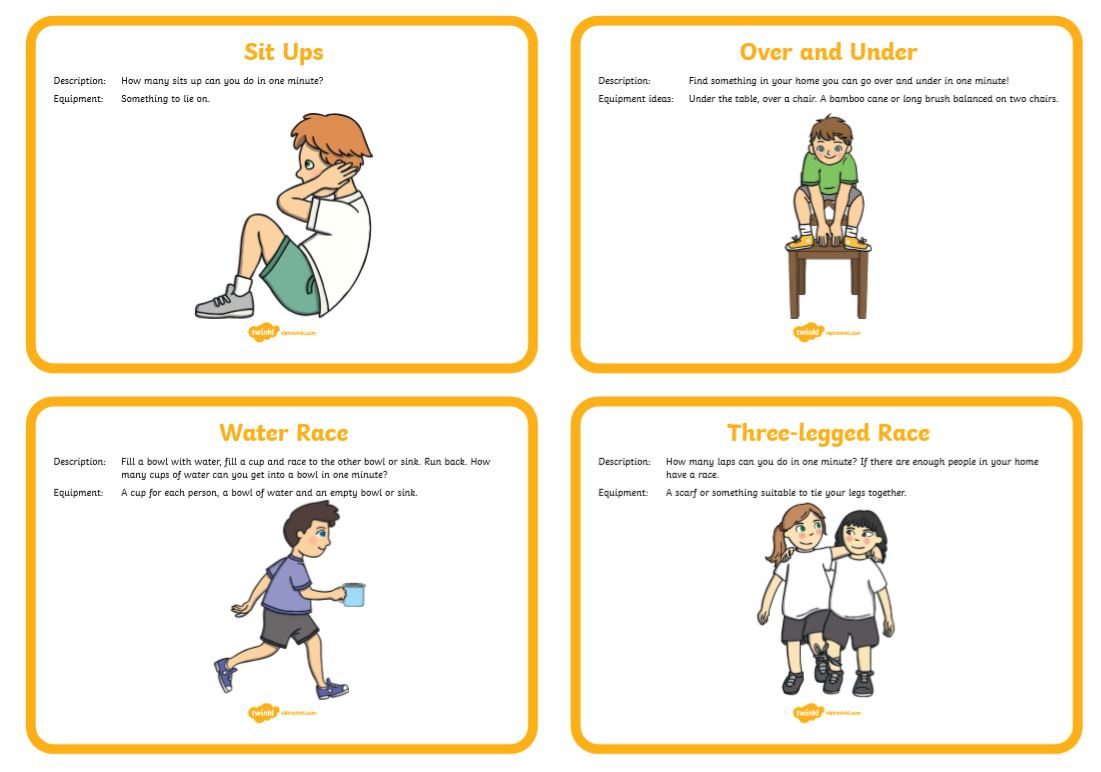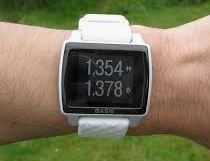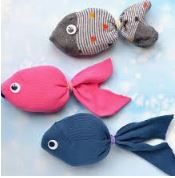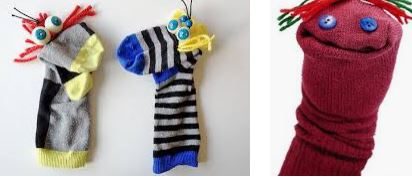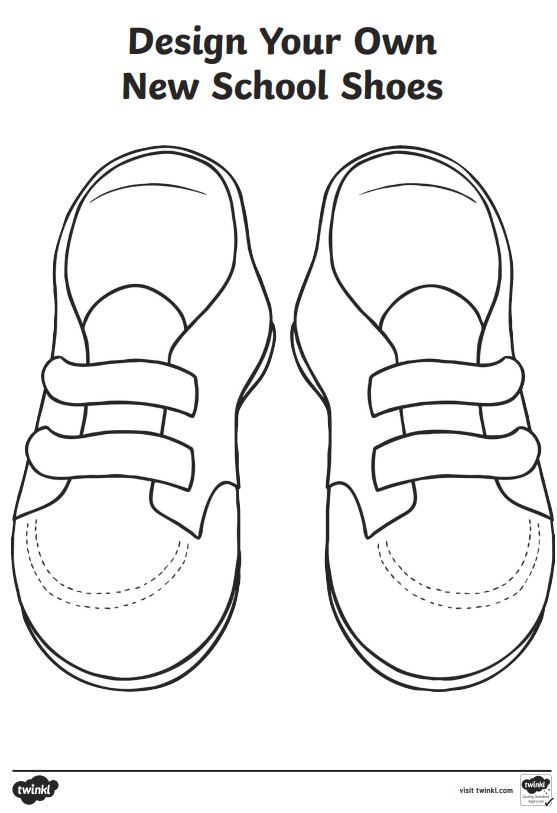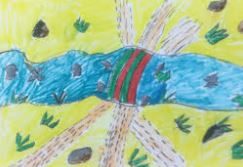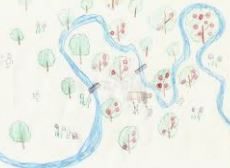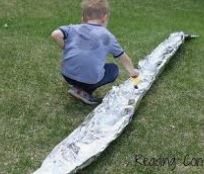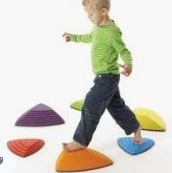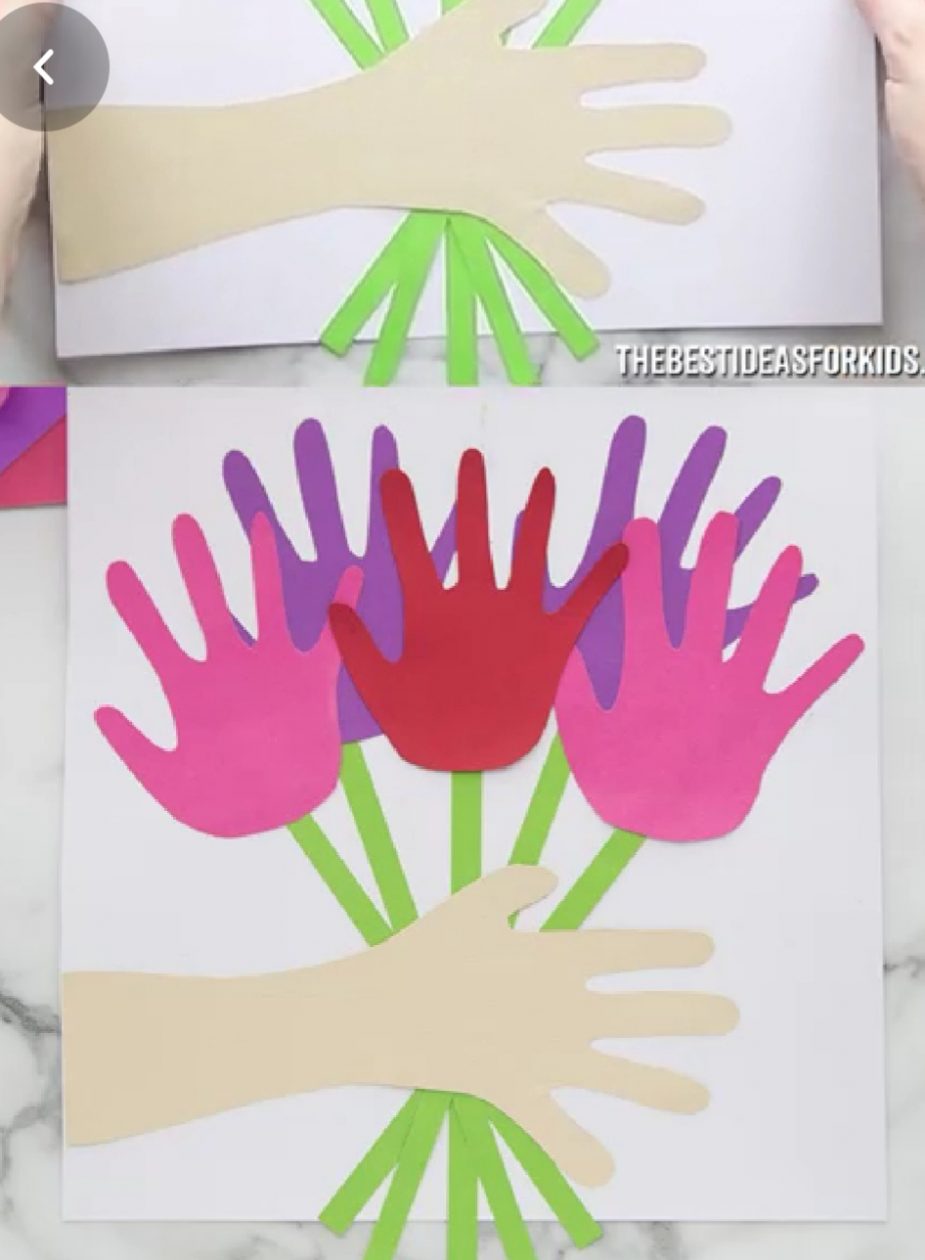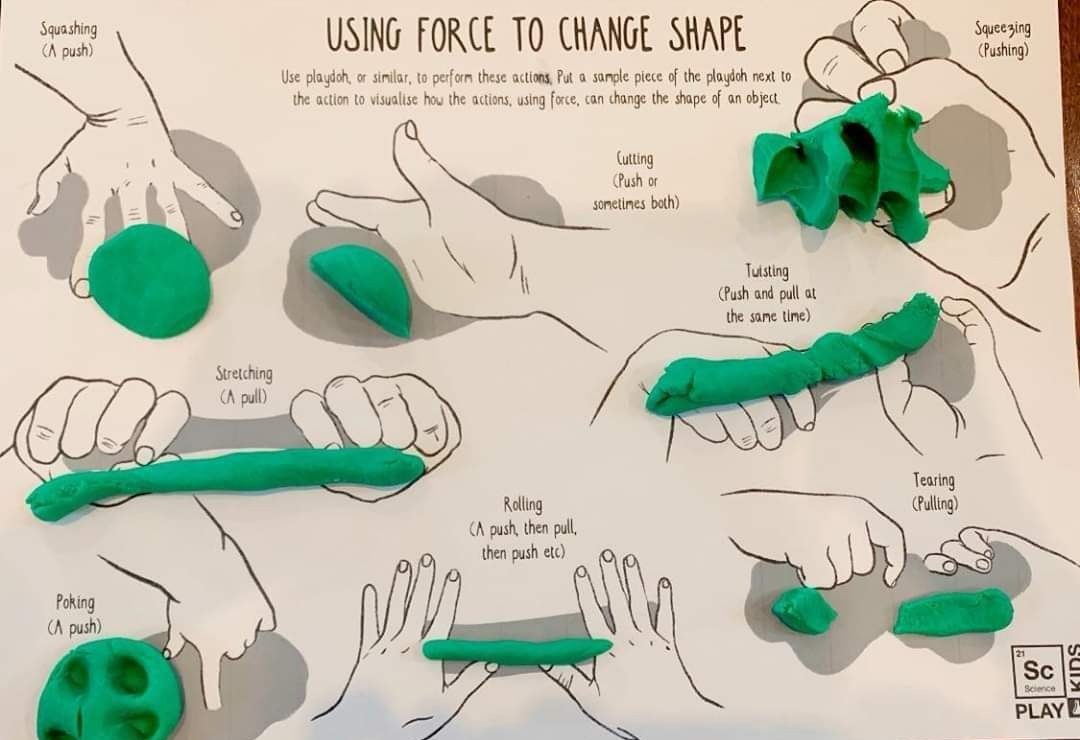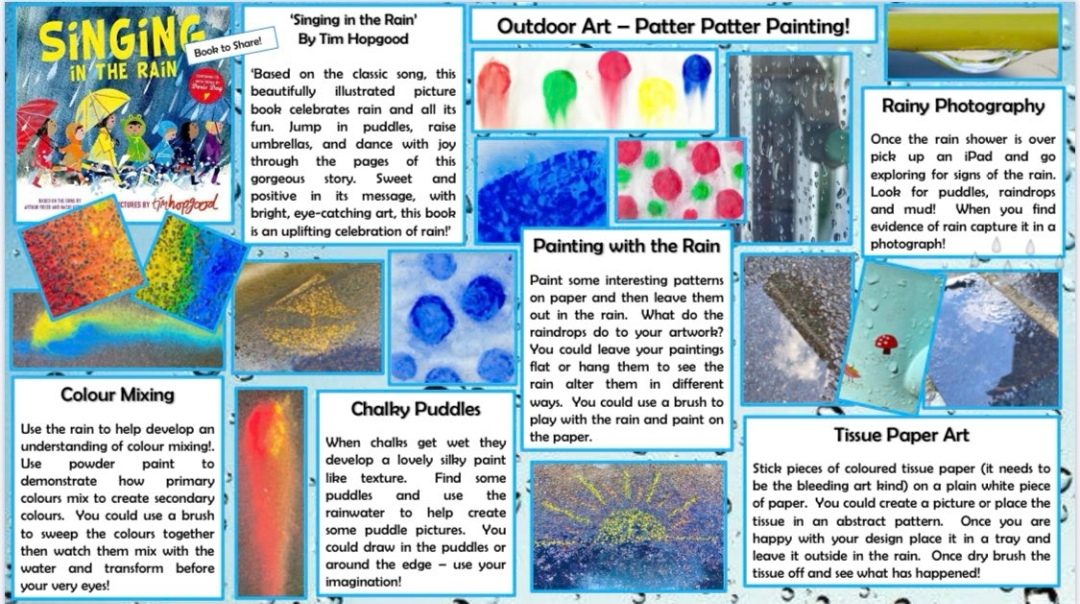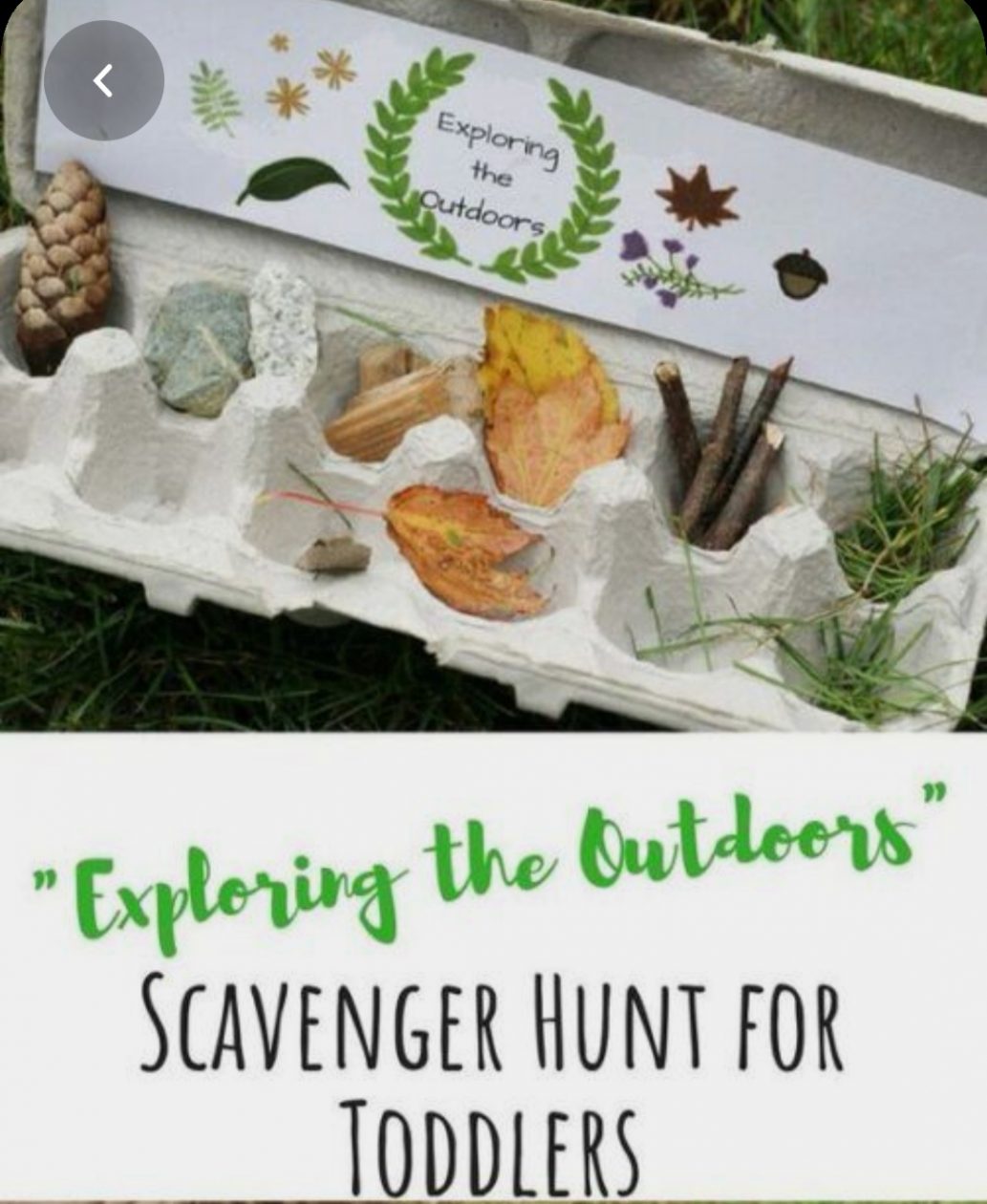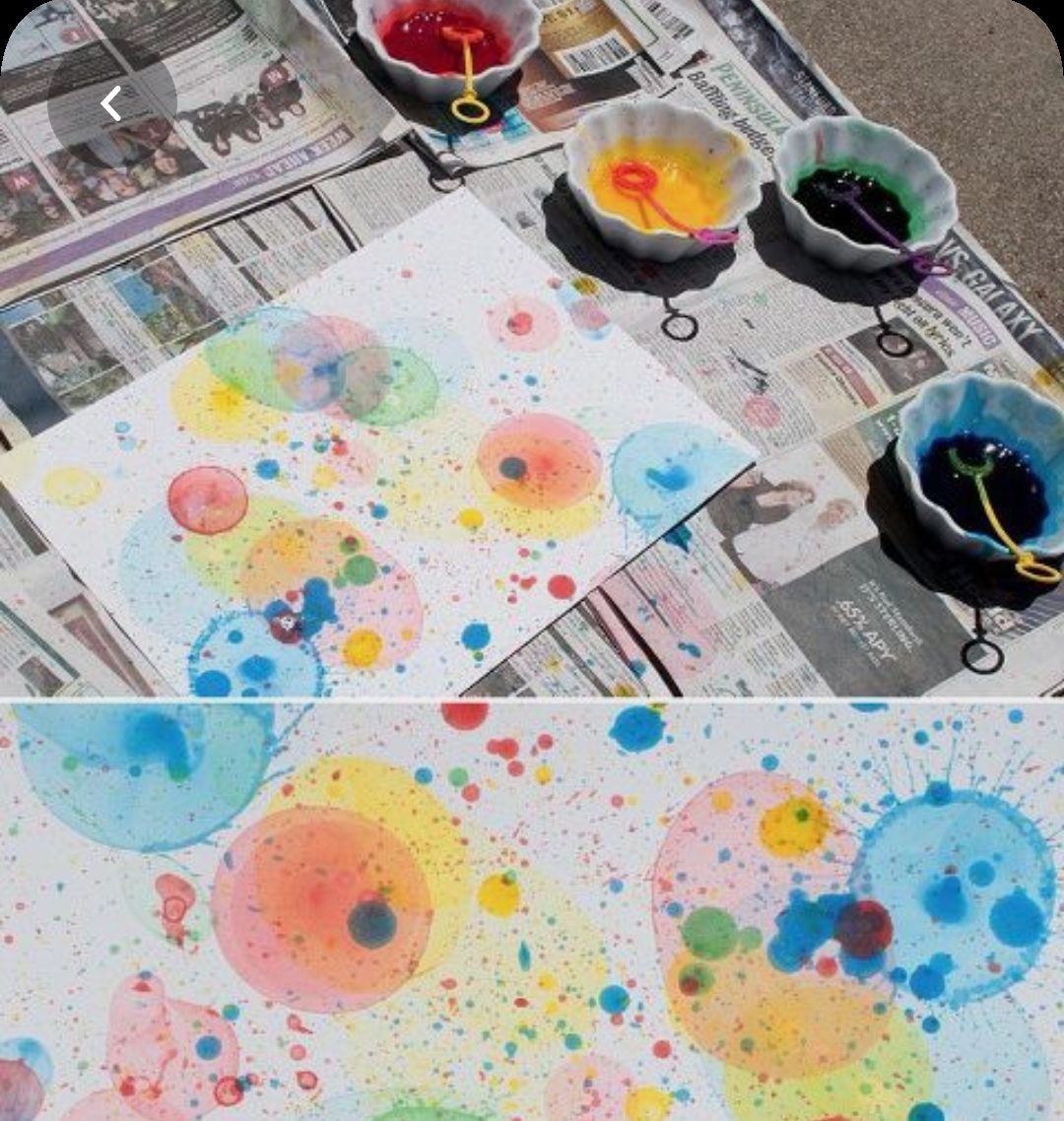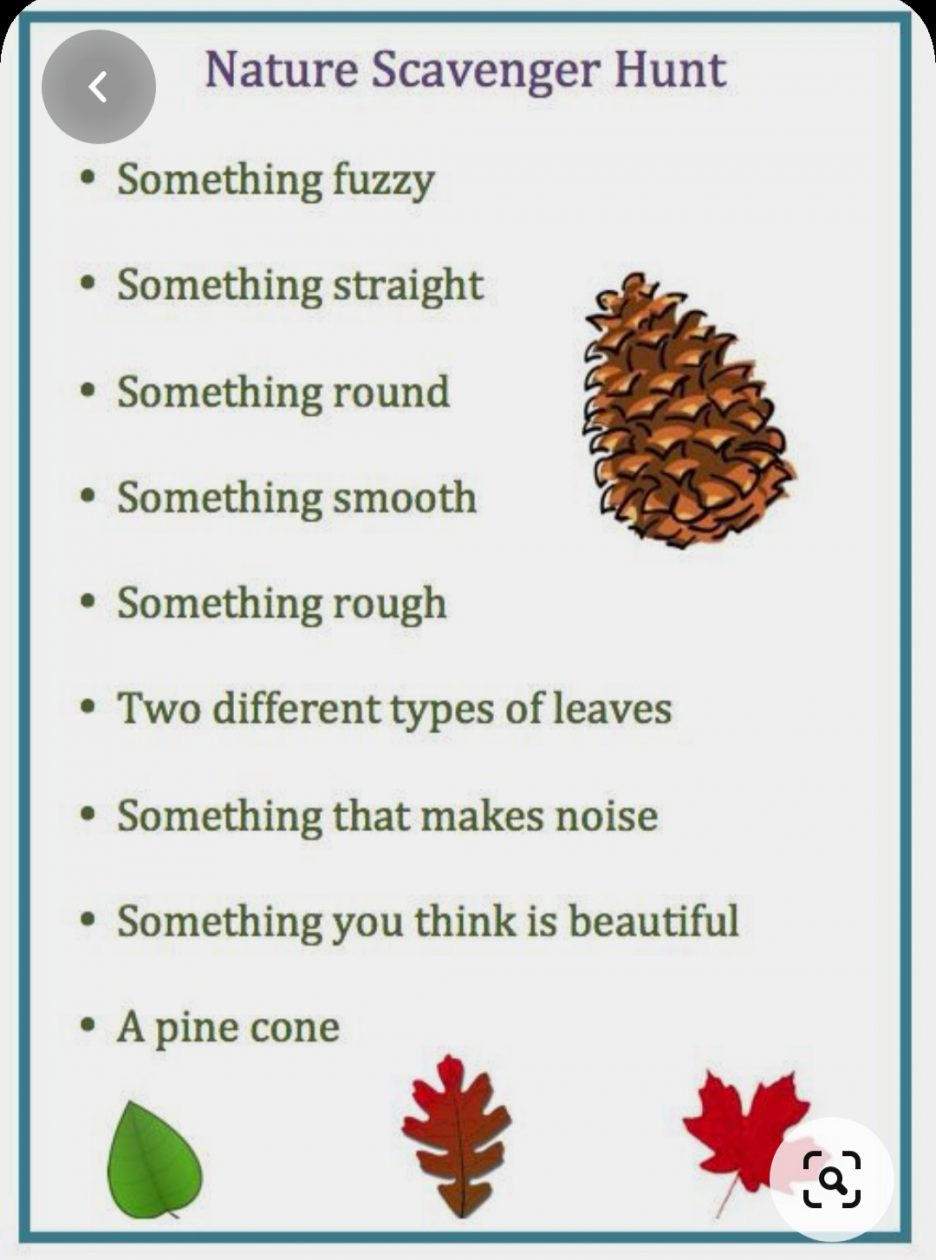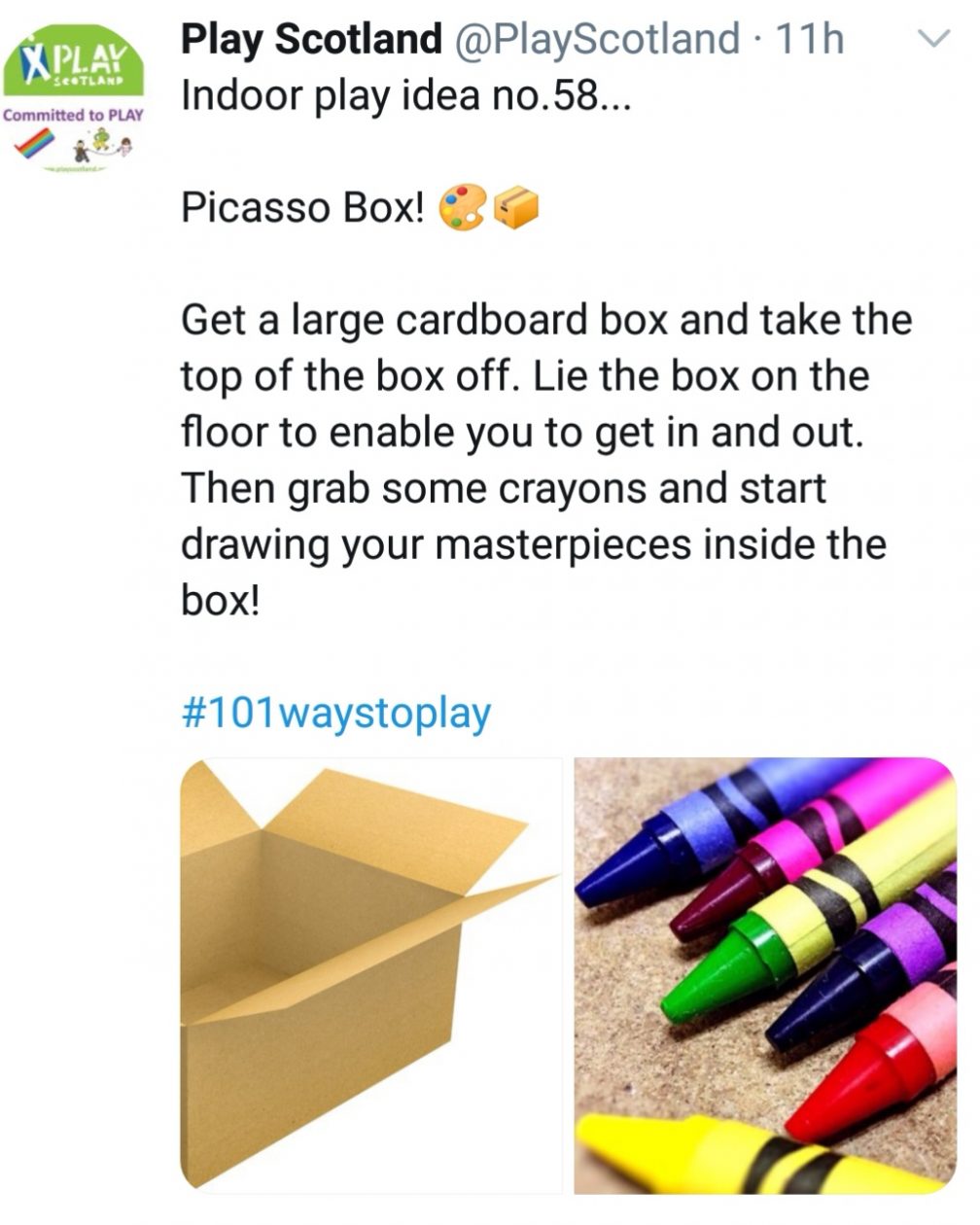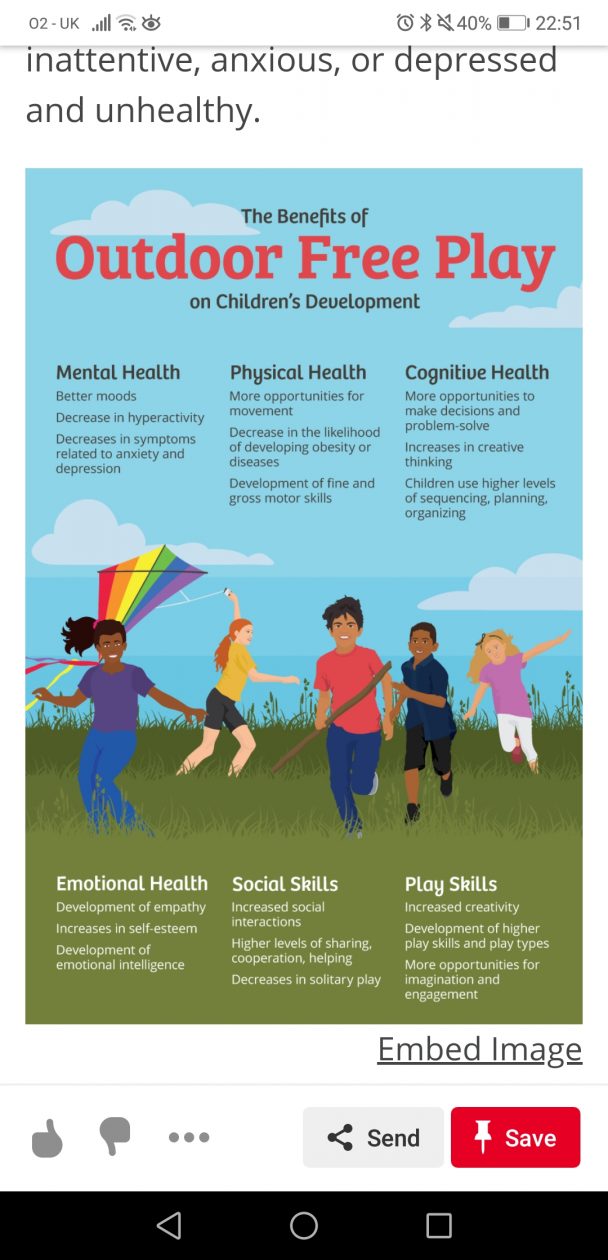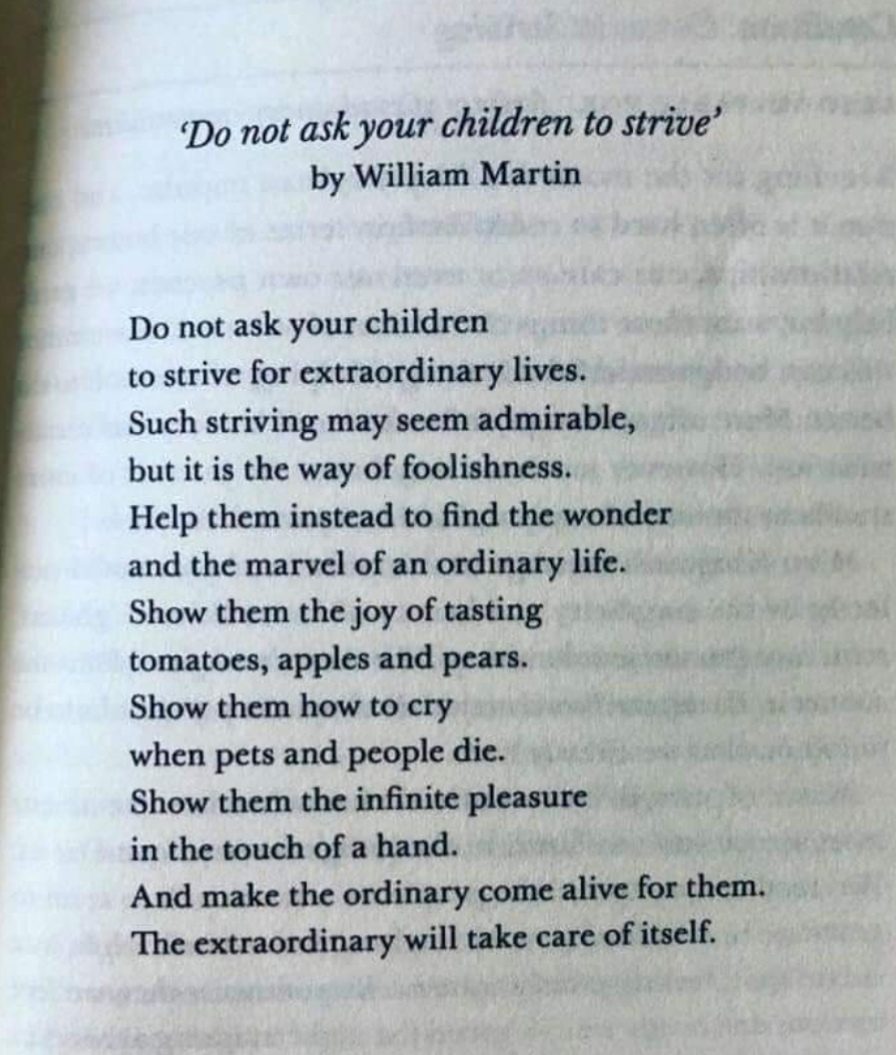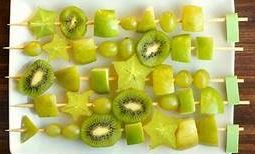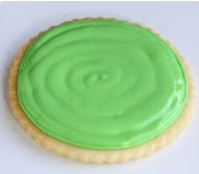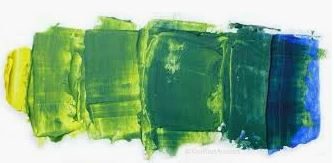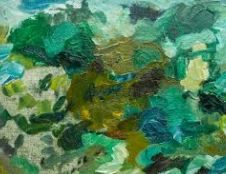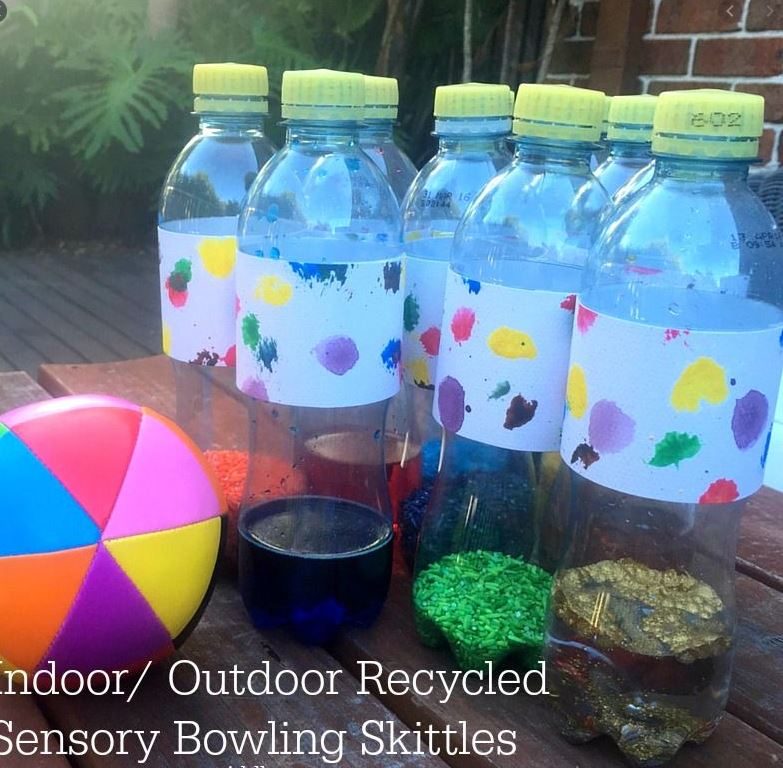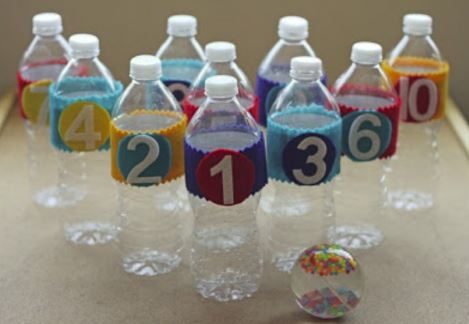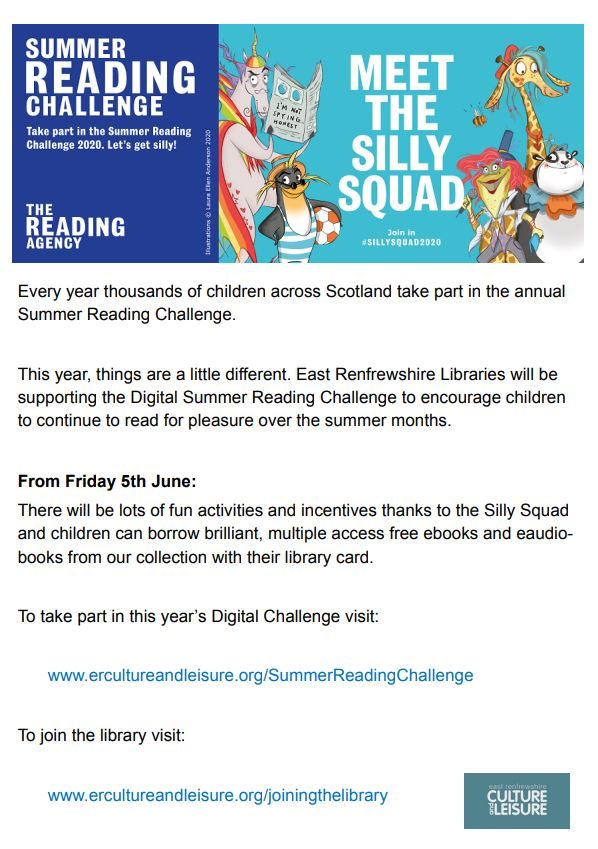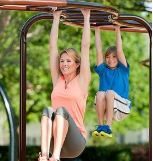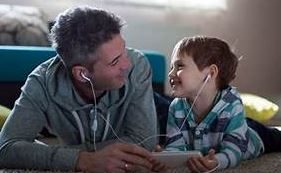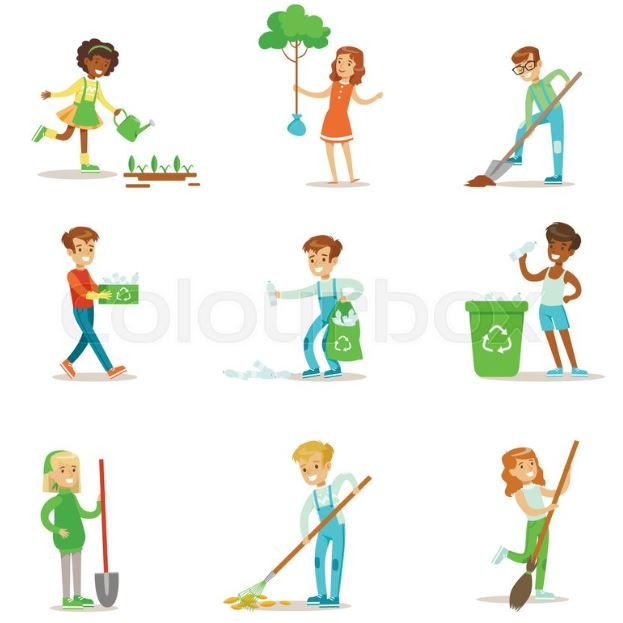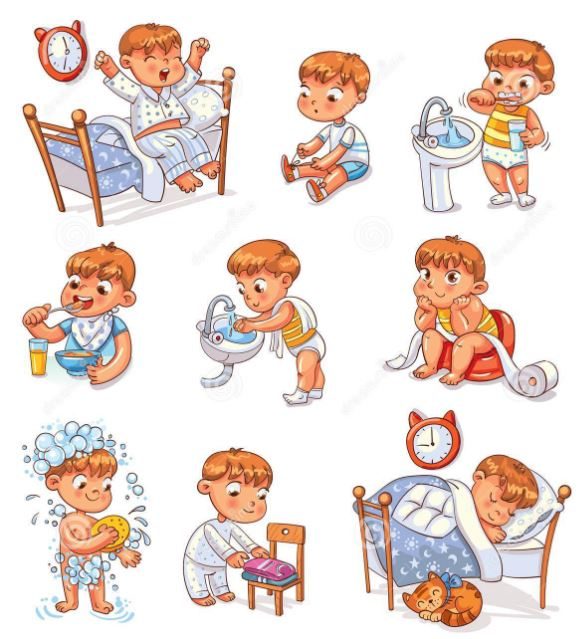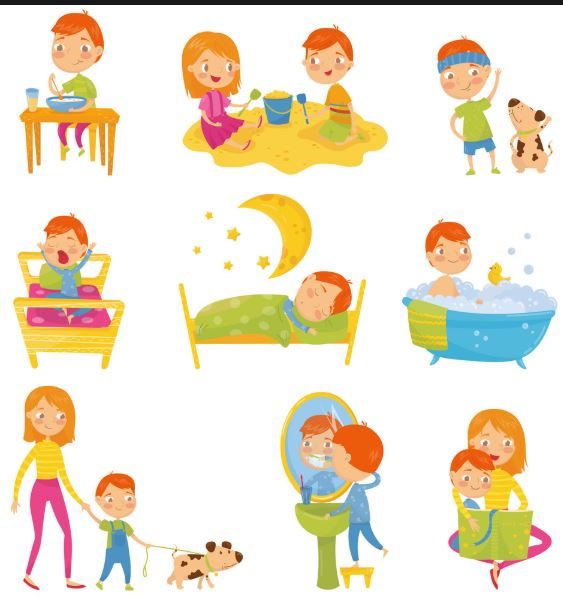ਸਤ ਸੀ੍ ਅਕਾਲ
Sat sri akaal!
Did you visit your new P1 classroom yesterday and meet your teacher? How do you feel today? It was wonderful to see so many of you and your families.
This week we noticed that the strawberry plants in the Little Garden are growing well. I also ate some delicious Scottish strawberries yesterday. Can you guess today’s theme?!
- Where do strawberries come from? How do they grow? Do you know that strawberries and other plants have a life cycle? This is the story of how they grow and change and make new plants.
2. Take a really close look at a strawberry. Like a scientist would do. Look at the outside. What can you see/smell/feel? Use a knife and cut it in half. What can you see now? How does it smell? Do the same with another fruit and compare them.
3. Keep cutting different fruits to make a fruit salad, kebabs or a smoothie.
4. ‘Strawberry’ is one of my favourite words to say in Polish – truskawka! Do you know the name for strawberries or other fruits in another language? Look here for a few that might be fun to say together:
https://www.indifferentlanguages.com/words/strawberry
5. Why don’t you try to grow your own strawberry plant from seeds or buy little plants that you can look after?
6. Which sound does STRAWBERRY start with? Can you play a version of I spy and come up with other ‘s’ words from around the house or on your walk? To make it even trickier, can you think of any other words that begin with ‘st’?
Watch the Alphablocks where s and t make an appearance:
https://www.bbc.co.uk/cbeebies/watch/alphablocks-taps
7. Watch this video to find information. What new words or facts did you learn? Tell your adult.
8. The video mentions some months of the year when strawberries grow here. Do you remember which months? Which month is it now? Which month was before this one? Which will come next? Can you say the twelve months of the year in order?
9. Most strawberries are red, though some varieties are different colours. How many red things can you find in two minutes? Can you lay them out on a table or the floor in an interesting way? Take a photo. Please return the items to where they belong when you are finished.
10. Why don’t you eat some delicious strawberries on their own or in a recipe? Try to use as many words as you can to describe the taste, smell and feel.
https://www.bbc.co.uk/food/recipes/strawberryicelollies_89303
https://www.bbc.co.uk/food/search?q=strawberry&page=3
